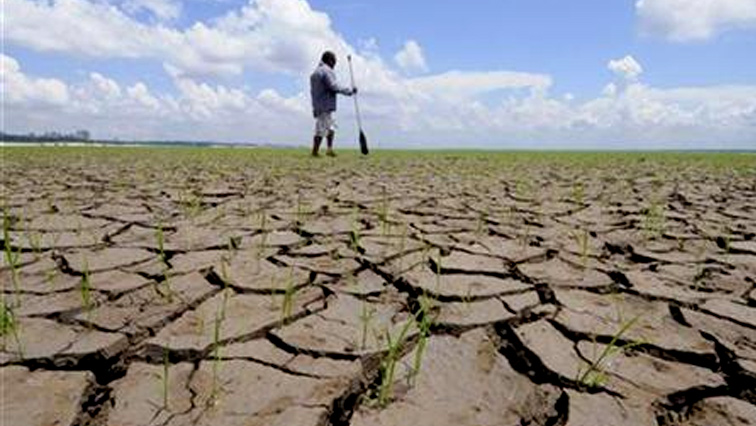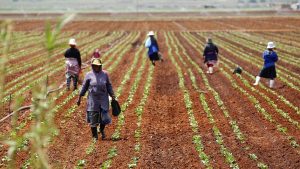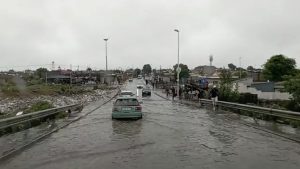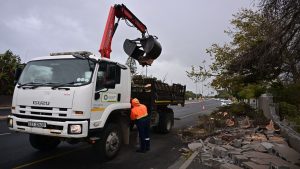R7 billion and 31 000 jobs have been lost since January 2018 due to the persistent drought and severe heat conditions in the country. That’s according to a survey that AgriSA conducted in December 2018. It says agriculture organisations are concerned about the impact on commodity prices and how farmers and consumers will be affected.
Drought survey: Severe crisis conditions in rural areas#AgriSA #droogteopname #droughtsurvey #agriculture #landbou pic.twitter.com/HNPhRc4mHU
— Agri SA (@AgriSAOfficial) January 25, 2019
AgriSA Executive Director Omri van Zyl says five of the nine South African provinces are in a critical state.
“We have five out of the nine provinces that we see as critical and they include the Western Cape, the Northern Cape, the North West province, Free State, Eastern Cape where we have ground water resources that are depleted. We haven’t had rain in many of these provinces or sufficient rain and that has a major impact on the agricultural value chain. We did the survey so that we can establish what exactly the issues are and to date we have lost about 32 000 jobs and we are only in January and we see that compounding as we go along.”
Van Zyl says all sectors of the agriculture industry have been affected. According to AgriSA , South Africa experienced stable and consistent rain in the east. The agricultural body says in the west, where crops are produced, there has been no rain.
Water conditions in SA. @FarmersWeeklySA @AgriSAOfficial pic.twitter.com/dMOrvA1wRt
— Gerhard Uys (@Gerharduysbeer) January 25, 2019
Grain South Africa CEO Jannie de Villiers says if there is no rain soon, the country may experience food shortage.
“If we look in the west there was about, let’s say 20% planted in December within the optimum window, but most of it was planted in the month of January and those little plants are definitely struggling at the moment. The heat waves and the dry conditions actually reduced the potential of that plant. So if we don’t get rain over the weekend I think that part of our crop is probably going to be damaged so much so that we’re going to have to see severe shortages in the country and we have to import.”
Red Meat Producers’ Organisation CEO Gerhard Schutte says the changing weather trends are a concern. Schutte says due to the drought farmers have experienced severe losses.
“We’ve got this severe drought, but it’s not only a drought. We had a perfect storm in the industry and on top of that we lost our foot and mouth disease free status. What is the implication, at this stage, 33% downward prices in terms of winner calves, 15% down on producer price of beef and 10.5% down on the producer price of lamb. That is devastating for us as producers, but it’s very good news for the consumer.”
With seedings falling short of expectations in some areas, South Africa’s 2018/19 #maize (#corn) crop is likely to drop by 21% y/y, to 10.7m t (18% below the five-year average), potentially triggering larger imports. pic.twitter.com/gDKYb6MshP
— International Grains Council (@IGCgrains) January 24, 2019
Farmers are calling on government to intervene in order to avoid potential food shortages. Van Zyl suggests steps that may be taken to ensure farmers are protected against weather elements.
“The majority of farmers have cash flow issues. They cannot sell their animals off. Animals are dying. They couldn’t plant sufficiently. So they wouldn’t get enough income. That is the key consideration. We firmly believe that agriculture is a great sector to invest in going forward, but in most countries in the world there is a form of disaster subsidy for farmers and we don’t really have that here. So that is something that we need to put in place.”
AgriSA has also encouraged commercial farmers to help emerging and small scale farmers to avoid a social disaster in the agricultural sector. They body also plans to have talks with various role players, banks and government to raise the needed R3 billion to aid farmers.






